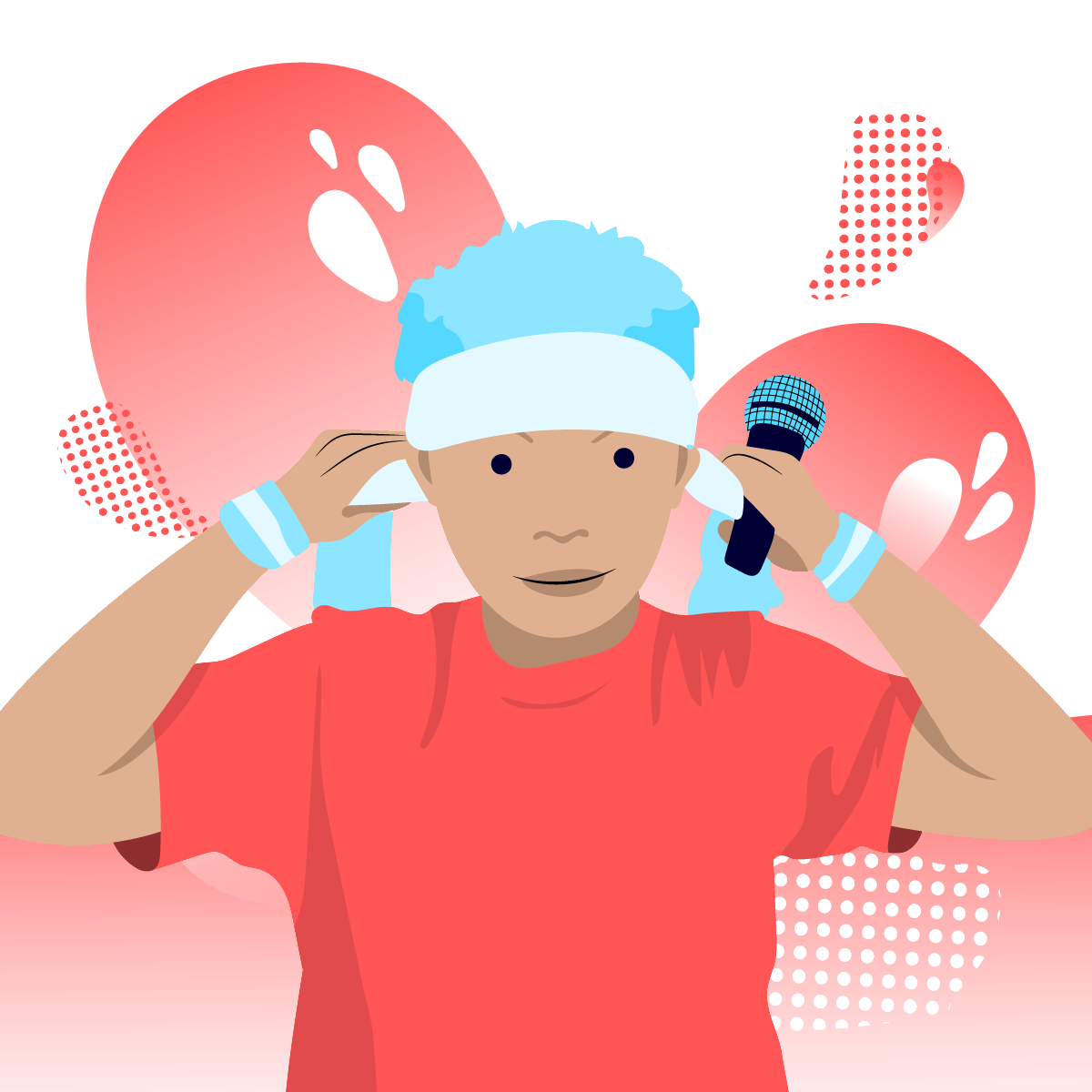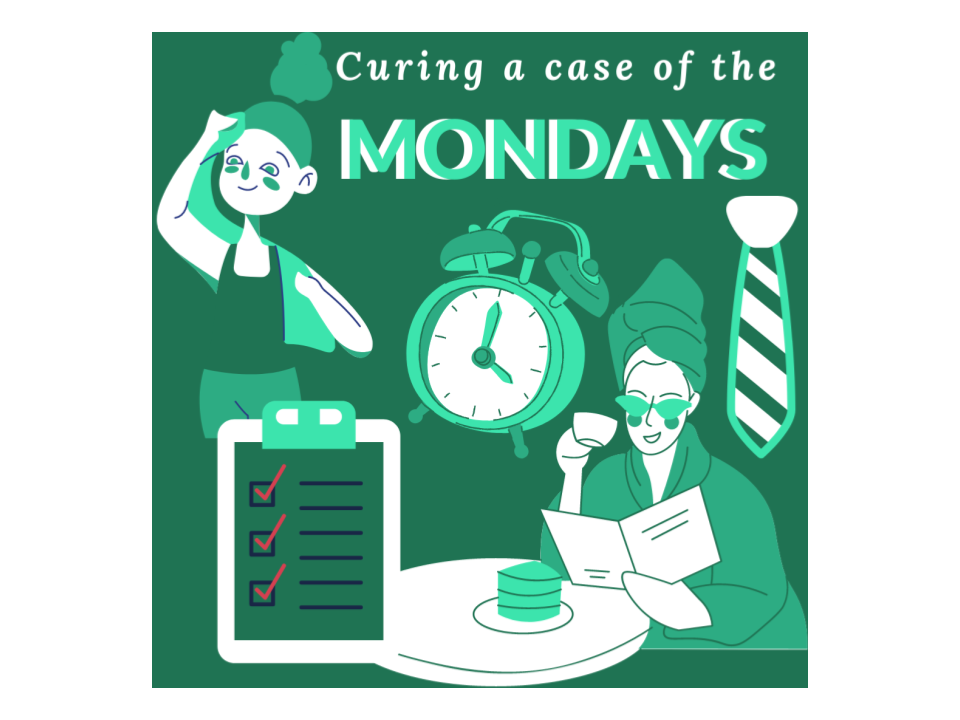
My Natural Hair Journey
Is natural hair in the workplace accepted? From a young age, I’ve always remembered my hair is a big part of my life. My aunt used to do my hair and would always put it in cornrows. The only time it was straight was for special occasions, like holidays or class pictures.
Unlike my peers, I never had a perm, but it was something that I’ve always wanted. To me, having a perm or having straight hair, in general, was prettier or meant you had more money. In the media, most black women had straight hair, so I felt that I wasn’t pretty enough or that wearing my hair in cornrows was “wrong”.
When I got to high school, I started straightening my hair. My younger self probably would’ve never seen the day that I would wear my hair straight for anything other than special occasions. At first, it was great; being able to style my hair any way I wanted and feeling accepted for once, especially coming from a predominantly black school to a predominantly white school. This move, however, was not good for the health of my hair.
The All-Natural Look
Noticing this and the rise of the natural hair movement was what made me decide to go “natural”. Although I have technically been natural all of my life, this was the first time in a really long time I would stray away from using any heat and embracing my curls.
Being in college with natural hair was nothing I had to worry about. I felt comfortable wearing my puffs or braids to class without feeling any judgment from my peers. In fact, most black women I’ve seen on campus usually wear their natural hair or in a protective style. This made me feel even more empowered to wear my natural hair.
Now, I am almost out of college and entering the professional world with another challenge looming: natural hair in the workplace.
Over the years, there have been many cases of natural hair being the cause of black women being fired from their jobs and asked to make their hair look more “professional”.
But who said, “natural hair couldn’t be professional”?
Natural Hair vs. The Workplace
For many black women, natural hair in the workplace is a challenge.
A lot of black women often think, “Is my hair considered ‘professional’?” or “Will I get weird looks because of my hair?”.
From my research and personal experience, the quick answer to that question is: it really depends on the company and work environment. Most women wear their hair straight or pulled back for the interview, and once they get the job, they wear their hair in their preferred style.
Not everyone’s experience with wearing their natural hair in the workplace is the same. For me, for example, I’ve never really had a problem with wearing my hair in the workplace. This could be because of the environment I’m in or because I almost never wear my hair in a fro. For others, however, this might not be the case. It’s important for women, regardless of what style they decide to wear, to read the room and test the waters before making a committed decision.
Another condition to consider is protective styles. Many women don’t feel like doing their hair, so they wear protective styles to make their mornings quicker or to try a new look.
Some examples of protective styles could be cornrows, dreads, box braids, wigs, and many more.
Dreads and box braids, specifically, have been some of the biggest contenders when it comes to hair being seen as unprofessional. Again, the most important thing is to understand the environment that you’re working in and assess the situation from there.
If you do experience discrimination in the workplace due to your choice of style, it’s important to bring it up and know your rights.
So…what now?
The natural hair movement has been a big part of our culture and has grown immensely since it began. Laws like the CROWN Act (Creating a Respectful and Open Workplace for Natural Hair) in California show that corporate America is moving in the right direction. We cannot ignore, however, that the law just got passed and it’s only in one state, whereas black women and men have been victims of hair discrimination for years.
The biggest takeaway is to read the room and understand your rights if you are a victim of hair discrimination. Your hair is a way of self-expression, but remember that it is not a defining factor of your intelligence and who you are. There are many resources online to help you decide what’s best for you, but it’s important to know that you are not alone.
Regardless of if it’s your first day or you’ve been at the company for years, there will always be an ongoing battle of black culture being accepted and understood by others.
Written by: Jazzmin Ford


